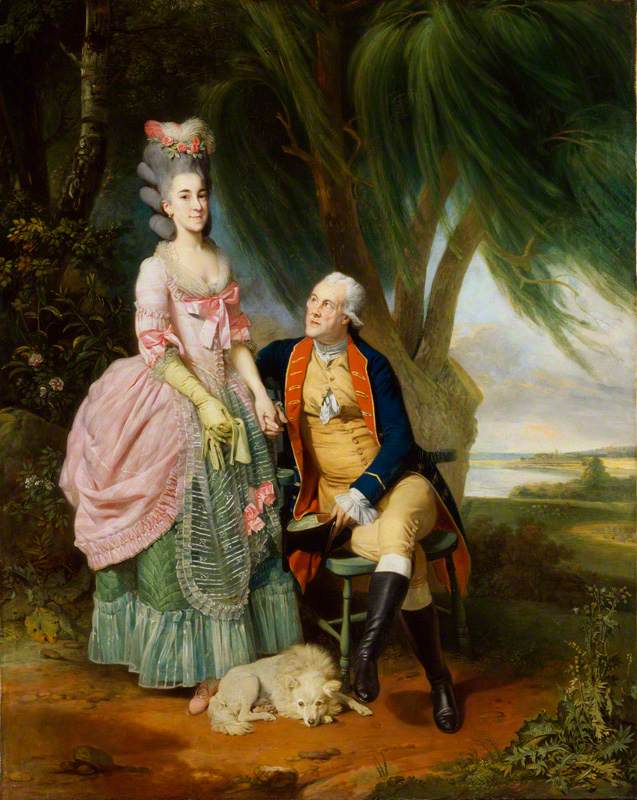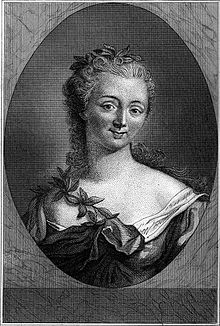Identifying John Adams’s Mystery Correspondent
Genet was assembling items for Affaires de l’Angleterre et de l’Amérique (Affairs of England and America), a surreptitious propaganda effort by the French government. (This Genet was the father of Edmond-Charles Genet, the French diplomat whose activities in America irked George Washington while Adams was Vice President.)
Among the material that Adams turned over was the 1775 volume of The Remembrancer, a round-up of the year’s news published in London by John Almon. And in that book Adams discovered a couple of letters he had written himself:
Looking over the Remembrancer, for the Year 1775, found to my Surprize, having never seen this Remembrancer before, two Letters from a Gentleman in the Province of Massachusetts Bay, to his Friend in London, one dated Feb. 10 1775 and the other Jany 21. 1775. They are found in Pages 10.11 and 12 of the Remembrancer for that Year.Genet never had those letters translated, but many American authors have reprinted the two letters from The Remembrancer, not knowing who wrote them.
Accepting Adams’s claim, the editors of the John Adams Papers included those two letters from early 1775 in their 1977 volume of his correspondence. At the time they lamented, “he failed to mention the intended recipient.”
One clue might be that the letters were published as sent “to his Friend in London” as opposed to “to a Gentleman in London.”
The answer started to become clear when scholars spotted the second of those letters in the Gilder Lehrman Collection. Adams’s correspondent was the British historian Catharine Macaulay. His exchange with her went on longer than previously recognized.
There appear to be some unanswered questions still. The letter published with the date of 10 Feb 1775 (250 years ago today) was actually dated 28 Dec 1774. Did Almon assign the February date from when that text was published in a British newspaper?
That full letter was published in 2020 in The Correspondence of Catharine Macaulay. The part that appeared in The Remembrancer was just part of the complete text.
Finally, the letter that Almon dated to 21 Jan 1775 isn’t part of the Macaulay Papers, at the Gilder Lehrman Institute or published. It’s possible that Adams sent it to someone else in London. But he knew hardly anyone there, and there’s no hint in The Remembrancer or Adams’s letter to Genet that the two letters went to different people. So probably the missing letter went to Macaulay but just hasn’t been found.
Judging by the 10 February/28 December letter, that 21 January letter probably:
- contained more material than Almon printed.
- wasn’t dated 21 January.



















